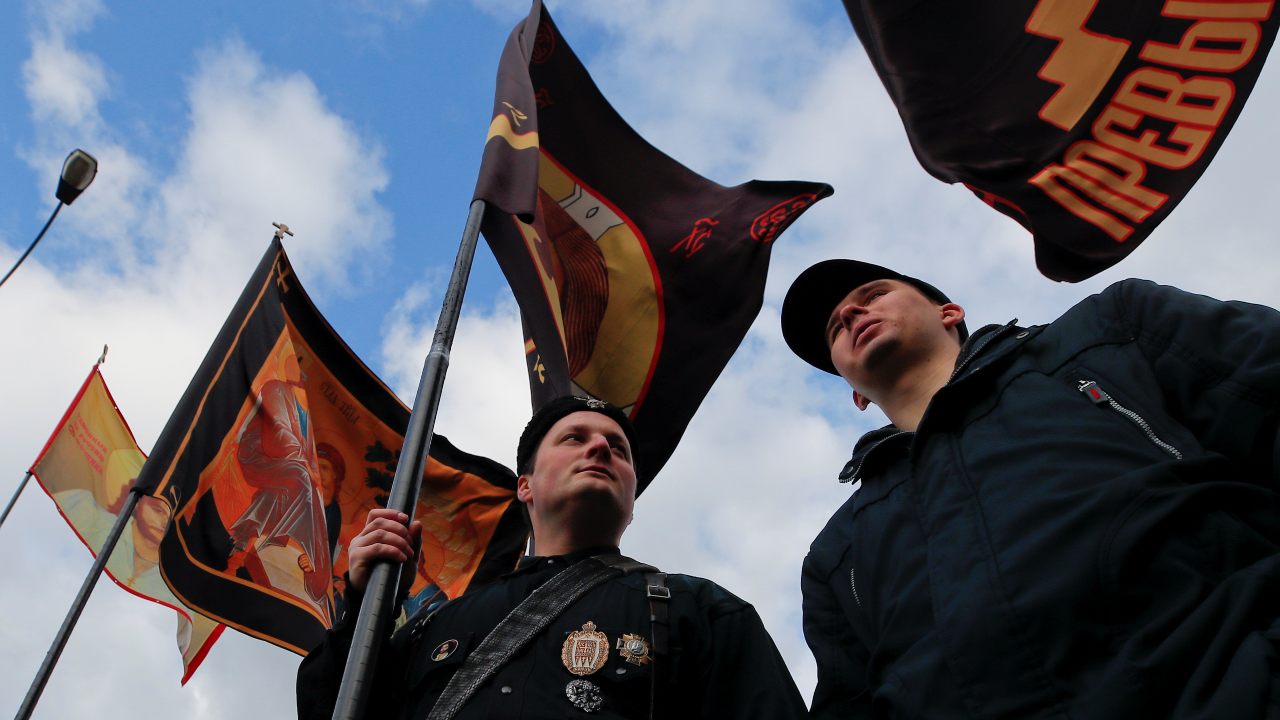In this essay, I argue that Russian public’s support for the war results from a successful alignment of the Kremlin’s pro-war narratives with people’s existing, genuinely held beliefs about social and political order. I identify Russian supremacy as the key such belief. I provide a description of what this belief entails, trace its historical origins and sources of its contemporary dominance. Russian supremacy was elevated to the position of hegemonic image of social and political order in the mid 1930s to serve the Soviet regime as both a practical and rhetorical tool designed to legitimise its oppressive and colonial politics. Russian supremacy has shown remarkable durability as it survived major reforms of the Soviet regime, its collapse, and turbulent post-Soviet transition. The hegemony of Russian supremacy today reflects both the existing social and political order – one in which ethnic Russians enjoy the highest standing, prestige, and benefits – and Putin’s regime’s extensive promotion and use of Russian supremacy for self-legitimisation and mobilisation. Most tellingly, Putin manages to sustain a high level of support among the Russian population for his war in Ukraine by linking justifications for war to the constitutive narratives of Russian supremacy.
On the Russia–Ukraine War and Russian Supremacy
Putin manages to sustain a high level of support among the Russian population for his war in Ukraine by linking justifications for war to the constitutive narratives of Russian supremacy.
